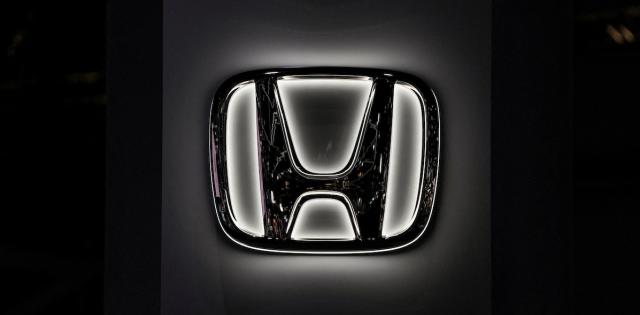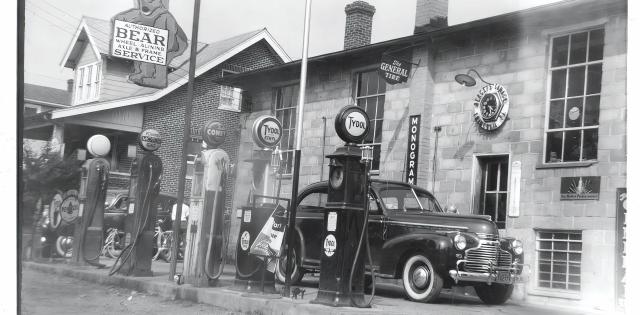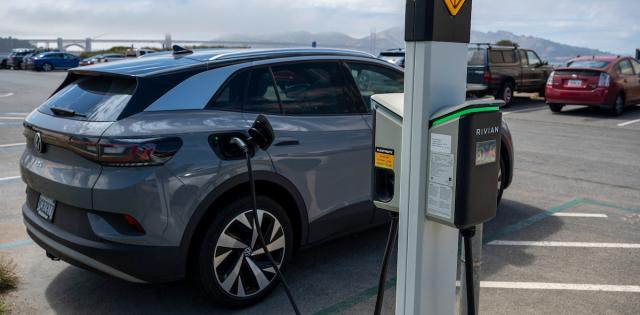When it comes to building brand awareness and excitement, driving consumer traffic into dealerships and increasing vehicle sales, nothing beats an auto show, say dealers across the country.
Eight out of 10 dealers say their local auto show is important for driving customer traffic into their dealerships, according to NADA’s recent Dealer Attitude Survey. “Auto shows sell cars. They help sell product, and that’s the value of auto shows,” says Richard A. Baker, show manager of the Miami International Auto Show and incoming chairman of the Automotive Trade Association Executives (ATAE).
And when auto show attendees get to the dealership show-room, the numbers indicate they’re more likely to buy: 54% of buyers made a purchase decision based on what they saw at an auto show, and 18% bought a brand they had not been considering before they saw it at the show, says Foresight Research.
Discovering New Brands, Rediscovering Favorites
In Charlotte, N.C., the brand conversion numbers were even higher—a whopping 62% of the Charlotte Auto Show attendees this year left considering a brand they may not have considered before attending the show, says Jenn Jackson, executive director, Greater Charlotte Auto Dealers Association. The Charlotte Auto Show, now in its 29th year, is supported by more than 100 auto dealers from 11 surrounding counties. “For the OEMs and dealers who battle with the brand shift, auto shows are an outstanding opportunity to either continue to lock them into your brand or catch their attention and sway them away.”
Tindol Automotive has participated in the Charlotte Auto Show as a Ford dealer for over 25 year and more recently as a manufacturer representing Roush Performance vehicles. “Seeing the show from both perspectives, we highly support the show because we have seen firsthand the number of people that love to shop, inquire, touch and feel the vehicles without sales pressure or obligation,” says owner and dealer principal Natalie Tindol. “It opens a window for the customer to experience makes and models they may not have considered before.”
The Auto Show Bounce
Whether auto show attendance solidifies brand loyalty or creates new excitement behind brands that perhaps a consumer had not explored, local dealers will experience what’s known as the “auto show bounce” in the days and months following an auto show. “For anywhere from 30 to 60 days, dealers will have people coming in from the show and shopping,” says Scott Lambert, president of the Minnesota Automobile Dealers Association (MADA), which represents 371 franchised new-car and -truck dealers. “Sometimes they come right from the show to the showroom. Half the people who come to the show are shoppers with an intention to buy and are actively looking and researching.”
To take advantage of that bounce, many local dealers, including MADA members, plan their major marketing push to coincide with the Twin Cities Auto Show, held each year at the Minneapolis Convention Center, Lambert says. “There’s a lot of marketing around the show—groups and factories will have special show promotions that run before and after. Our show is in early March, and we’re just coming out of winter, so it’s a chance for everyone to shake off the ice and get marketing again.”
The biggest lift is with website visits and digital inquiries, says Tindol, “which are equivalent to walk-ins in our world. The lift continues for months, and we continue to hear, ‘When I saw that car at the auto show,’ when we ask where they heard about us or got their interest in the particular unit they are looking at.”
Message to OEMs: You Can't Afford to Miss Out
But if a manufacturer chooses not to participate in an auto show, local dealers are the ones who feel the pain. Over 75% of dealers say automaker absence has a negative impact on customers’ brand awareness, and over 66% report that it has a negative impact on customer traffic and retail sales, according to the Dealer Attitude Survey.
While some manufacturers, particularly European OEMs, are reassessing their auto show participation, others—including Toyota, Volkswagen and Honda—are committing to what has proven to be a worthwhile investment. “From a consumer standpoint, auto shows are stable and growing in importance,” Sage Marie, assistant vice president for public relations at American Honda, told Automotive News. “From a media standpoint, the dynamic is definitely changing. The way automakers leverage auto shows to deploy news is changing.”
“For us, it’s probably one of the most efficient ways to get in front of as many consumers as we possibly can,” Derrick Hatami, executive vice president for sales and marketing with Volkswagen Group of America, told journalists at the Chicago Auto Show in February.
“For us, to be able to get access to 11 million people last year with our products, and have them sit in it, touch and feel, and in some instances actually drive them, it’s a huge benefit for us. We always do well when people actually drive the product.”
Dealers and auto show organizers point out that the expectations for auto shows need to shift from the glitz and glam of the media coverage to the nuts and bolts of reaching consumers and selling cars. “For the EU OEMs, auto shows are more of a showcase for media, but in the U.S., we sell cars through shows,” says MADA’s Lambert. “The domestic marketing departments understand: This is how people shop for cars. They come in and kick the tires.”
“We all recognize consumer shopping habits have drastically changed in the last decade. The automotive business is no exception,” says Jackson. “One thing has certainly not changed: Having a consumer actually experience a vehicle is still the No. 1 factor when it comes down to persuasion and choice. There is nothing like feeling the seat, holding the steering wheel, checking out the technology, counting the cup holders, lifting the hood … that new-car smell.”













